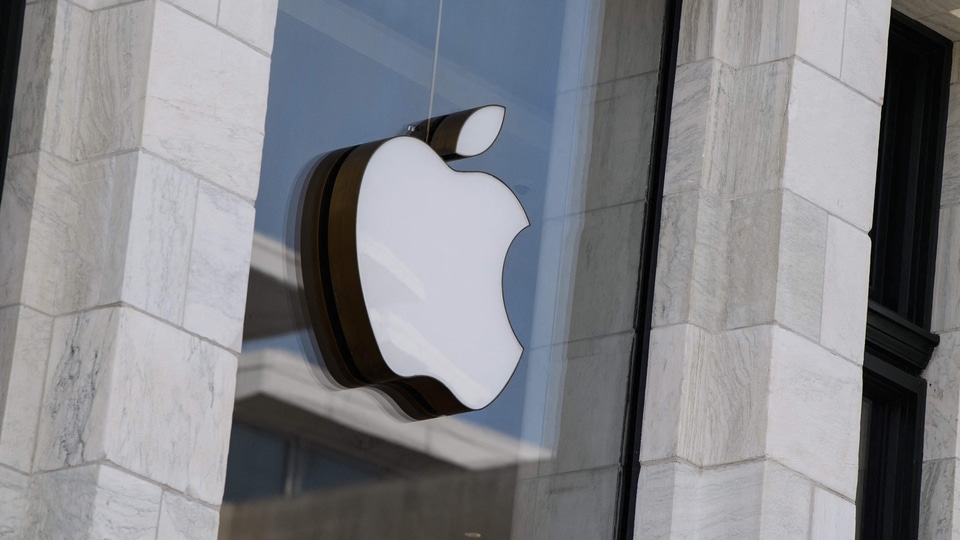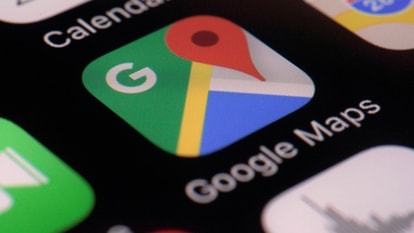Apple Flexes Muscle as Quiet Power Behind App Developer Group
The App Association brands itself as the leading voice for thousands of app developers around the world. In reality, the vast majority of its funding comes from Apple Inc.
_1662575264810_1662575376971_1662575376971.jpg)
_1662575456674.jpg)
_1662575489164.jpg)
_1662575575342.jpg)
_1662575631543.jpg)

 View all Images
View all ImagesThe App Association brands itself as the leading voice for thousands of app developers around the world. In reality, the vast majority of its funding comes from Apple Inc.
The tech giant isn't a member of the association. But it plays a dominant behind-the-scenes role shaping the group's policy positions, according to four former App Association employees who asked not to be named discussing internal matters.
In fact, critics note, the association's lobbying agenda tracks closely with Apple's -- even when it's at odds with app developers, the companies that make the individual games and programs that run on Apple's iPhone and other devices.
The group, known as ACT, says it's not beholden to Apple, but confirmed that it derives more than half its funding from the company. The former employees say the actual percentage is much higher.
The relationship between Apple and ACT illustrates how big companies quietly pour money into outside groups that promote their agenda in Washington. ACT representatives regularly testify in Congress, file court briefs in defense of Apple's positions and host annual “fly-in” meetings for developers with lawmakers.
Rick VanMeter, a former congressional aide who is the head of rival developer group Coalition for App Fairness, said ACT's purported representation of app developers is deceptive, given its relationship with Apple. “When you pretend to be something that you're not in order to make a point, that's bad for the lawmaking process,” said VanMeter.
Cupertino, California-based Apple declined to comment for this story, but ACT executives defended the role of the company. ACT President Morgan Reed said in an interview that it “doesn't pass the laugh test” to say the association is fronting for Apple.
“Our job is to make sure we're paying attention to the way that government can have an impact, unintended or otherwise, on all of those small businesses making cool software products,” Reed said.
Reed and other ACT executives said that they determine policy positions based on the preferences of their members and don't take direction from Apple, though they take Apple's positions into account.
ACT spokesperson Karen Groppe declined to say how much of the group's funding comes from Apple other than to say it's more than half. Contributions from all donors topped $9 million in 2020, according to the most recently available data from disclosure filings, suggesting Apple makes a multimillion-dollar contribution.
Apple is a major force in the industry. Its App Store is a virtual marketplace for apps, a lucrative business for both the developers and Apple. The company takes a 15% to 30% cut of sales -- representing billions of dollars a year.
But many app developers object to the fees and restrictions, which Apple insists it needs so it can vet the systems to ensure the safety of its users.
Proposed antitrust legislation advancing in Congress would loosen Apple's grip over the App Store and enable developers to circumvent the company's cut. The measure, known as the Open App Markets Act, is backed by the Coalition for App Fairness.
But ACT opposes the bill, arguing it would threaten the privacy and security of the App Store, echoing Apple's talking points against the bill.
ACT's executive director, Chelsea Thomas, is a former lobbyist on Apple's government affairs team.
“Understanding what bigger players in the ecosystem are thinking on policy issues is important to us to understand where the conversations are going,” Thomas said.
ACT's work has also drawn scrutiny from some of the developer world's biggest players. Tim Sweeney, chief executive officer of Epic Games Inc., called the association “Apple's fake ‘small app developer' lobby” in a June tweet.
Epic Games, a member of VanMeter's Coalition for App Fairness, lost an antitrust case against Apple involving the App Store last year, but did win on some unfair competition claims.
Both sides are appealing. ACT supported Apple in the case.
ACT's website says it represents 5,000 developers and device companies around the world, though Reed said the number of active members is smaller. In addition to Apple, other corporate sponsors listed on its website are Verisign Inc., AT&T Inc., Intel Corp. and Verizon Communications Inc.
The group's annual congressional fly-ins feature policy presentations to the developers by Apple representatives and tech industry experts. People who have attended them said ACT often shared talking points that mirrored Apple's agenda before they met with lawmakers and staff.
Several ACT members said they appreciate the sessions with lawmakers arranged by ACT, even if they don't always agree on the group's positions.
“Is it unreasonable that there is a major donor whose position also aligns and supports all the small contributors in this space?” said Thomas Gorczynski, an ACT member and founder of software development agency DevScale.
But VanMeter, whose coalition's members also include Apple antagonist Spotify Technology SA, said he assumed ACT was “the unified voice of app developers” when he received materials from them during his time in Congress.
“They have sown a lot of confusion,” said VanMeter.
Catch all the Latest Tech News, Mobile News, Laptop News, Gaming news, Wearables News , How To News, also keep up with us on Whatsapp channel,Twitter, Facebook, Google News, and Instagram. For our latest videos, subscribe to our YouTube channel.


























